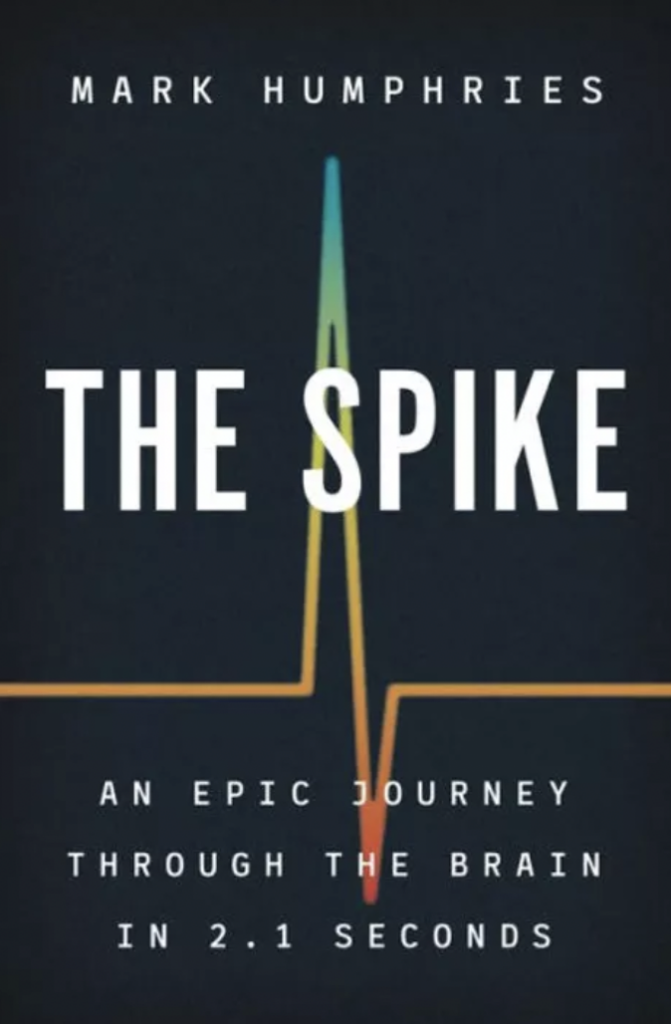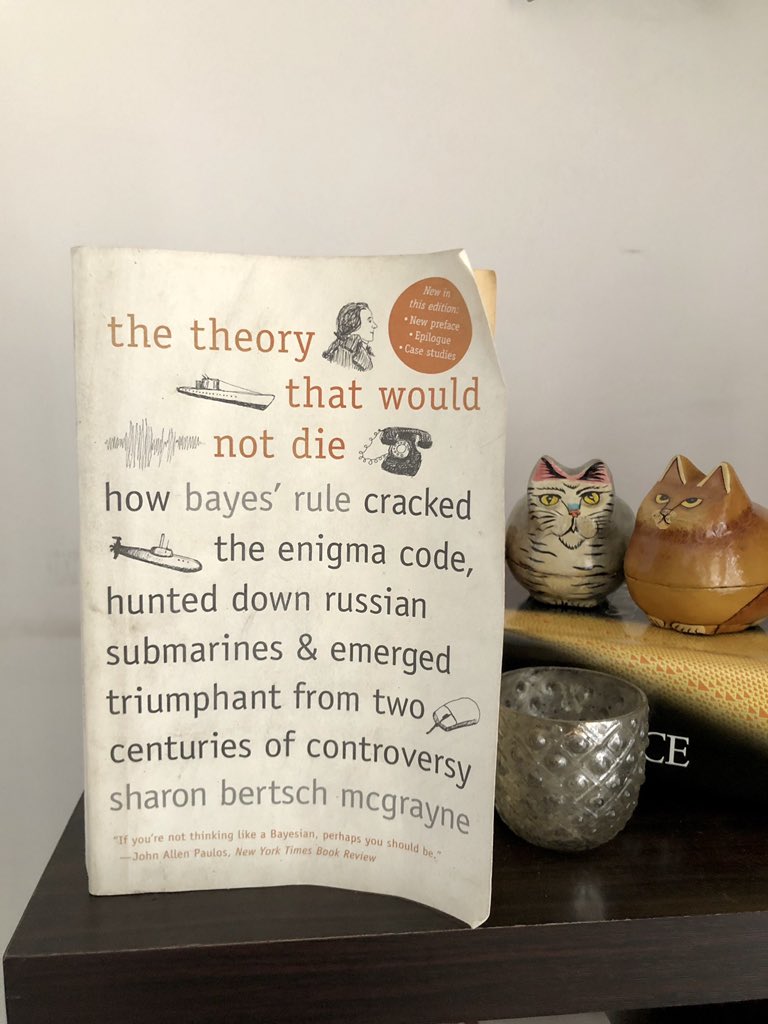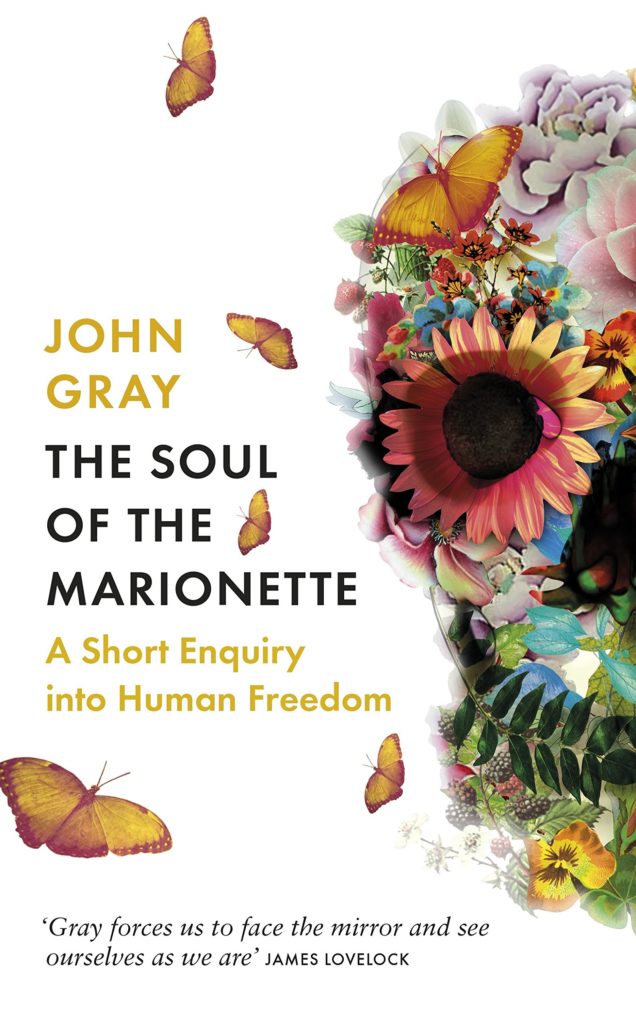Recently finished “The Spike: An Epic Journey Through The Brain in 2.1 Seconds” by Mark Humphries and here are my notes from it.

1/ As the book’s subtitle suggests, it’s about the neural code our brain uses for doing what it does.
The book is rich with details and I learned a lot of new facts and ideas about the brain. I highly recommend the book to anyone who has an interest in neuroscience.
2/ Since writing about an object as complex as the brain can fill encyclopedias, I will focus my notes on what I know now that I didn’t know before reading the book. ...

